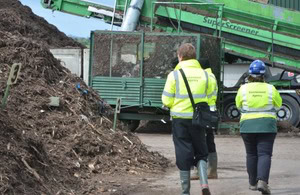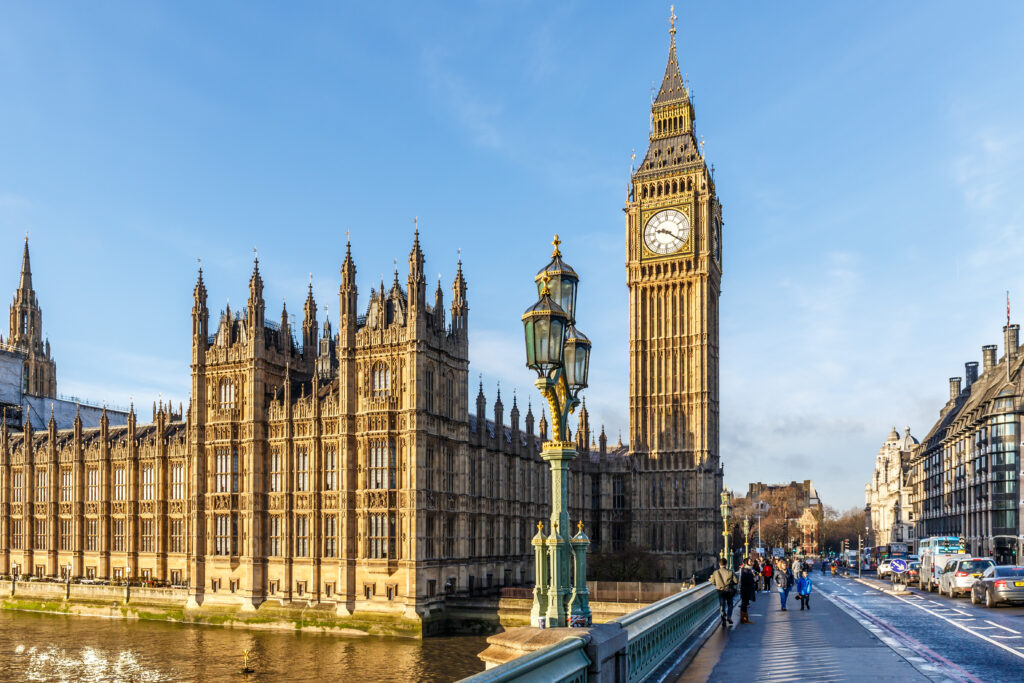Emma Howard Boyd issued the call in response to an article published by the Times on 24 October, which claimed there had been a sharp rise in serious breaches of environmental rules designed to protect people and wildlife from pollution. The newspaper linked this to cuts to the Agency’s budget from central government.

Writing for the ‘Defra in the media’ blog, Ms Howard Boyd said: “Our professional and passionate staff work non-stop to create a cleaner, greener country. We constantly innovate to do more with less.
“But ultimately we will get the environment we pay for. A core part of that is funding the Environment Agency properly. The government has an opportunity to do that in this year’s spending review. We hope it will.”
Chancellor Rishi Sunak launched the 2020 Comprehensive Spending Review (CSR) on 21 July. The Treasury says it will be published “in the autumn”.
Regulatory framework
Ms Howard Boyd also issued a staunch defence of the work the Agency had done to protect the environment.
She said: “You are right that the main sources of pollution are water companies and farmers; that they need to be robustly regulated to prevent pollution; that those who harm our rivers, air or land should be held to account; and that the Environment Agency does not have the resources it needs to do these things as effectively as we and the public would like.
“What you did not say was that where there is a robust regulatory framework and the resources to enforce it, we have seen dramatic improvements.
“Our rivers and bathing waters are in a much better state than 20 years ago, with wildlife returning to rivers that were once biologically dead. Our air is far cleaner, with emissions dramatically reduced.
“Land that was horrendously polluted by industry has been transformed into housing and natural habitat for wildlife.”









Subscribe for free